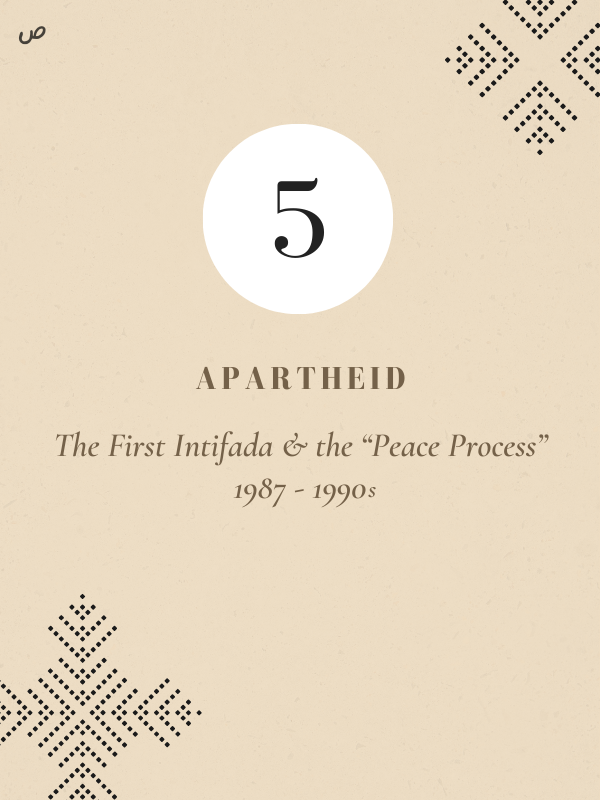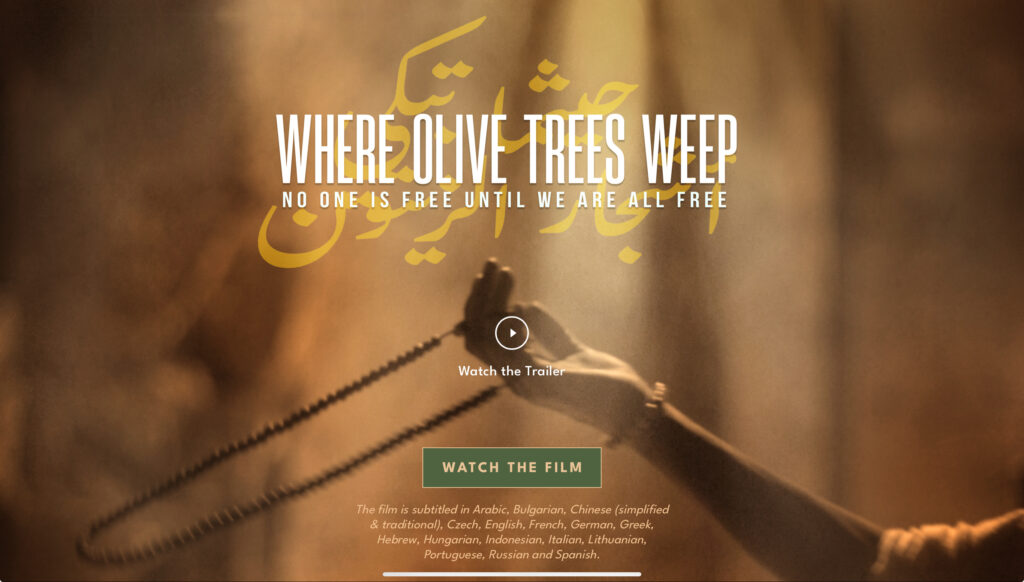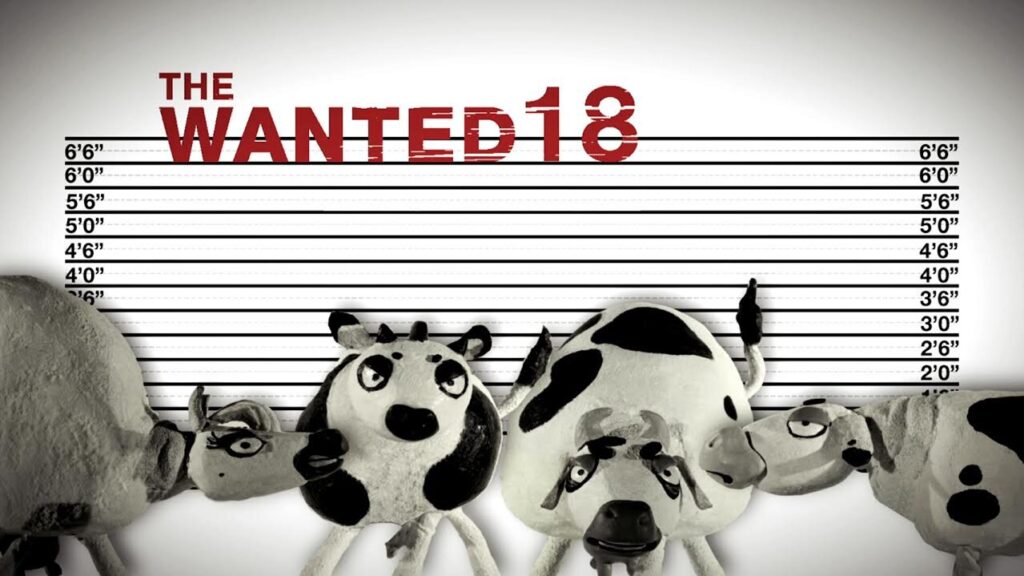The First Intifada and the ‘Peace Process,’ 1987-2000
In 1987, Palestinians rose up demanding their rights in the first popular uprising, or intifada. The First Intifada was a largely non-violent, grassroots movement involving demonstrations, strikes, and civil disobedience. The uprising followed decades of Israeli occupation (since 1967), Jewish-only settlement construction in the Occupied Territories, and the imposition of an Apartheid system that privileges Jews as the caste with supreme rights throughout Israel/Palestine. Demonstrating Palestinians were met with an Israeli campaign of broken bones.
Despite the extreme violence of the Apartheid Israeli forces, Palestinians were successful in placing their demand of self-determination back on the global agenda. The result was the so-called “peace process” of the 1990s, which was anything-but. Throughout the negotiations, the United States acted as Israel’s lawyer, rather than a neutral mediator, and self-determination was never on the table. Rather, the negotiations were about instituting limited Palestinian autonomy in ever-shrinking indigenous reservations/bantustans and co-opting the Palestinian resistance movement into the Israeli Apartheid project through so-called “security cooperation.”

Suggested Reading
The suggested reading in advance of this session is Chapter 5 of Prof. Khalidi’s book, The Hundred Years’ War on Palestine.
Quaker Testimony
Our Quaker Testimony for contemplation this week is Peace. Of all the Testimonies, this is probably the one that Friends are most known for as a peace church. Stemming from the belief that there is that of God in every person, Quakers feel called to live “in the virtue of that life and power that took away the occasion of all wars,” as described by Quaker founder George Fox. And so Quakers have been conscientious objectors in many wars. As Friends said in a 1660 declaration to King Charles II, refusing to serve in the military after the English Civil War: “the spirit of Christ, which leads us into all Truth, will never move us to fight.” War is not just physical battle, however. There is also an inward spiritual struggle — the so-called Lamb’s War — against the violence of anger, bias, apathy, etc. that dims our ability to see the divine light in one another.
Peace is not always an easy path. And yet, as George Fox told William Penn, whose noble origins carried an expectation of support for war: “Wear thy sword as long as thou canst.” And when we can no longer bear the burden of the sword, we put it down. At present, Quakers are wrestling with pacifism in the context of Ukraine, where violence as an act of self-defense or resistance appears justified in the face of foreign aggression and occupation. And yet violence leads to vengeance, which threatens the assumed justness of even the war in Ukraine and obscures nonviolent means of resolution. It also harms the soul of the perpetrator.
In the context of Israel/Palestine, Palestinians too face foreign aggression and occupation at the hands of Israel and its neo-imperial backer, the U.S. Palestinians too have used violence — both in the form of self-defense/resistance and vengeance/terrorism. But far less discussed, are the acts of non-violent resistance Palestinians have engaged in consistently throughout history — notably during the First Intifada — and continue to engage in today. These acts include: demonstrations, strikes, petitions, political organization, resistance art, and boycott, divestment, and sanctions. Even carrying on with daily life. As many Palestinians say, existence is resistance.
Now in the face of a racialized Apartheid and plausible Genocide, people in the Global North are finally waking up to the reality of the Israeli government’s oppression of the Palestinian people. (The Global South has long been awoken to the cause). And people from all over the world are working in solidarity with peace-seeking Palestinians and Israelis to take away the occasion for war by realizing justice in this shared land. Quakers living in the heart of the American empire are among those waking up to this reality. Many Quakers meetings have written minutes calling for peace through U.S. arms embargo to Israel and the dismantling of Israeli Apartheid laws and institutions. Quaker organizations like the American Friends Service Committee (AFSC) and Friends Committee on National Legislation (FCNL) are at the forefront of peace work and advocacy in Israel/Palestine.
What can we learn of Peace from the example set by Palestinians in the largely non-violent civil uprising of the First Intifada? What does faithfulness to the Testimony of Peace require of us in the face of the Israeli government’s ongoing use of extreme, settler-colonial violence funded by U.S. taxpayer dollars?
Teach-In Slides
Feel free to pull up the slides for our session on your personal device. They will also be displayed on screen.
Films


